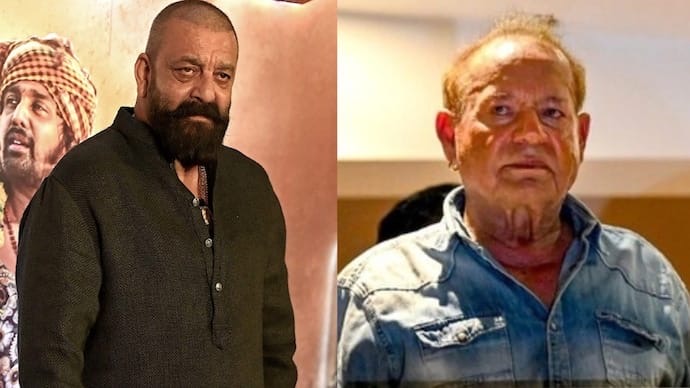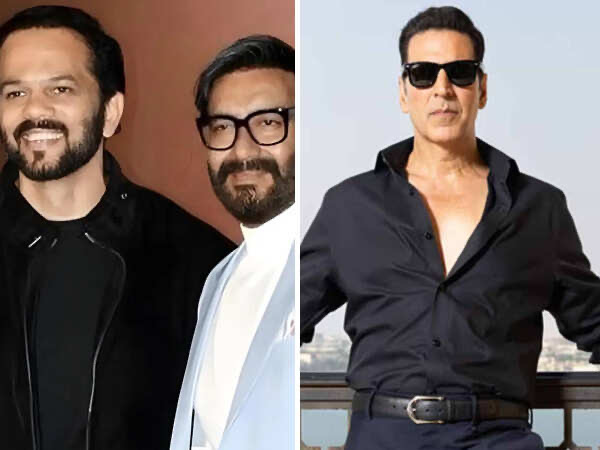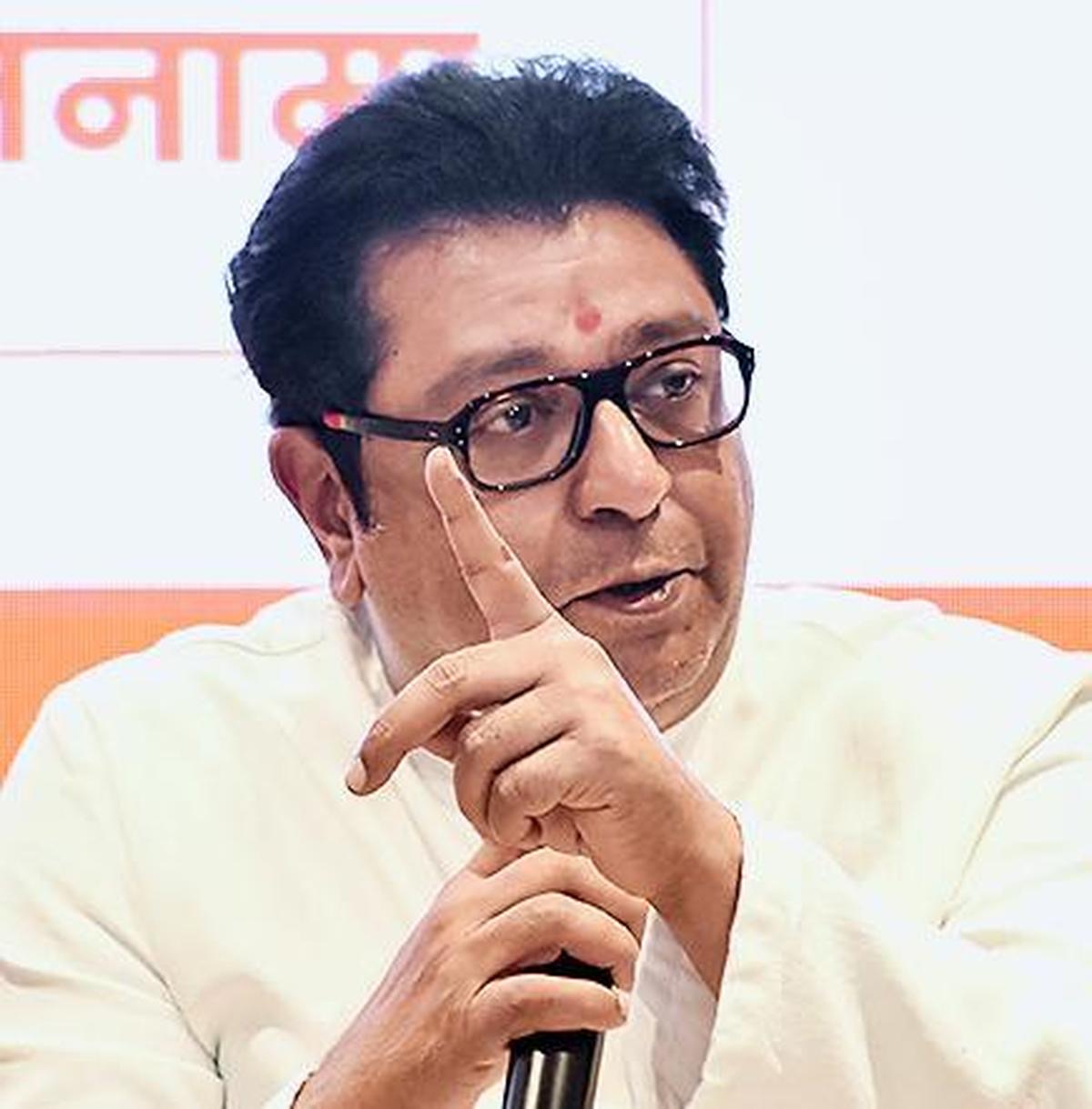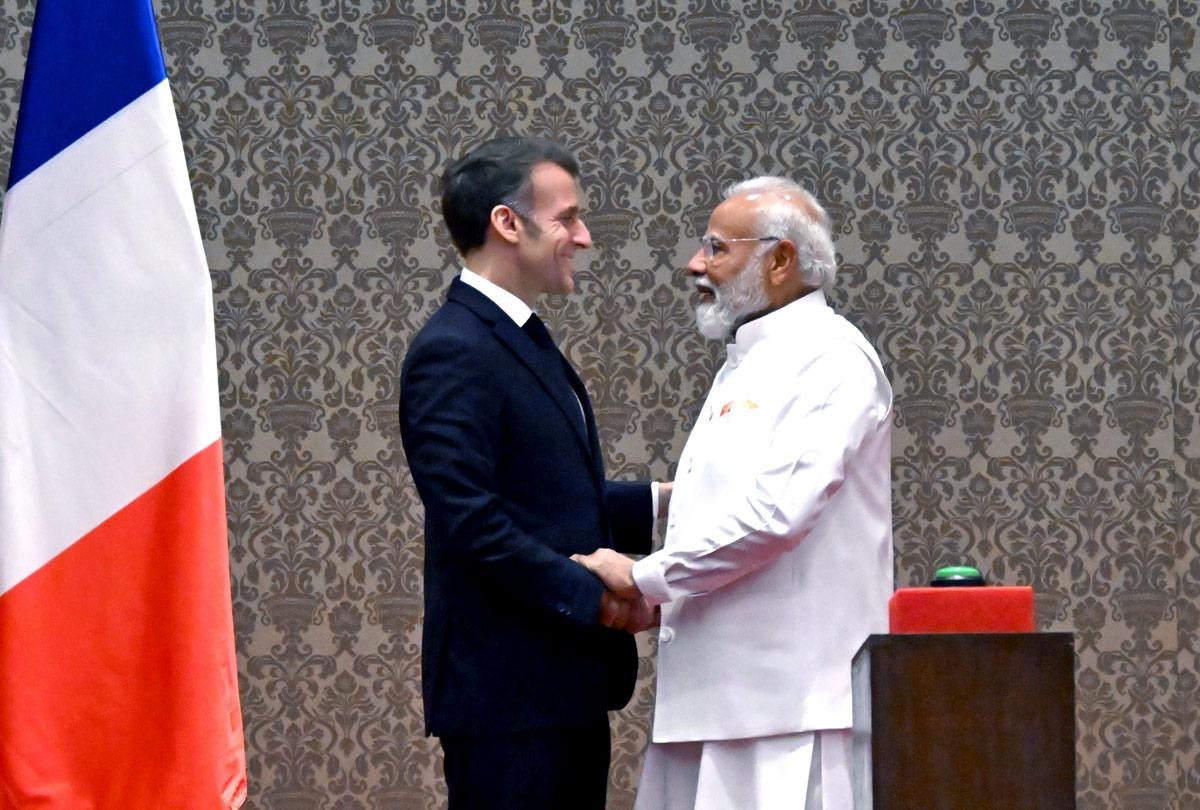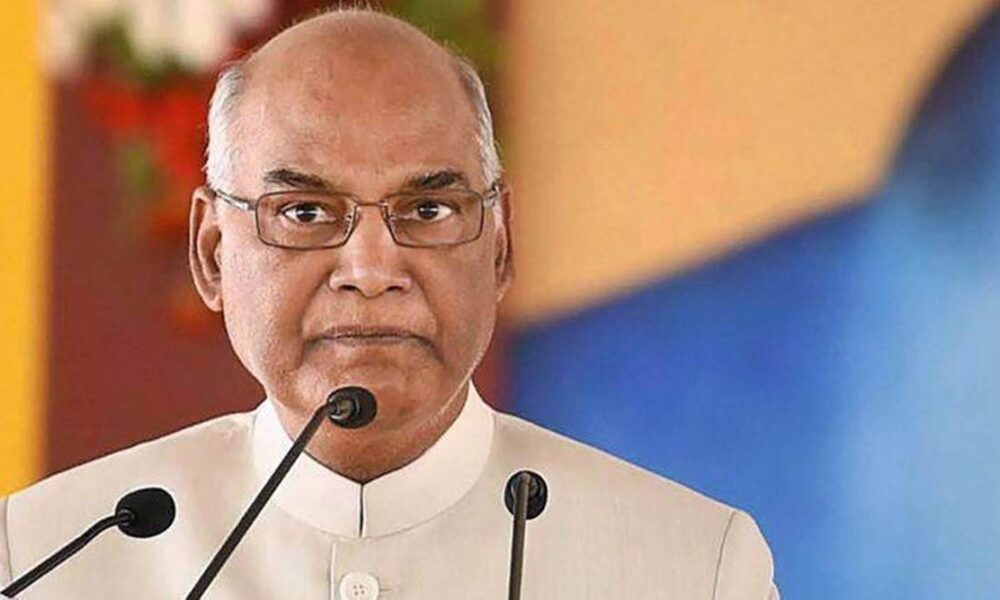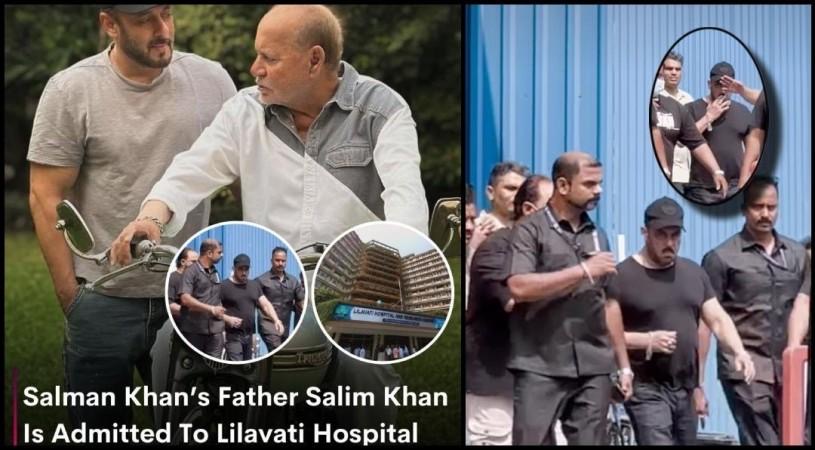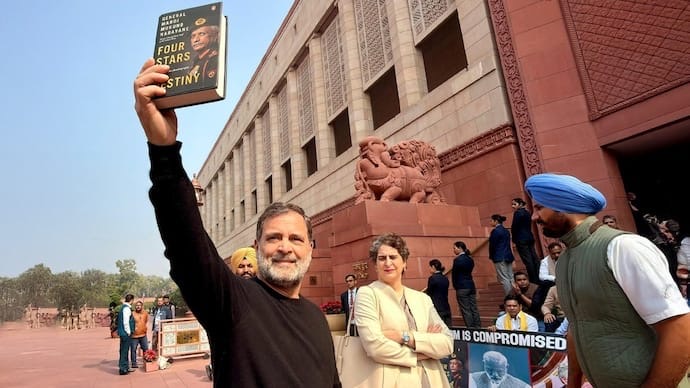Role of people’s representatives is most important in a democracy: President Kovind
President of India addresses the members of Gujarat Legislative Assembly in Gandhinagar
The role of people’s representatives is most important in a democracy, said the President of India, Shri Ram Nath Kovind. He was addressing the members of Gujarat Legislative Assembly in Gandhinagar today (March 24, 2022). The President said that the members of Legislative Assembly are representatives of the people of their area and state. But the more important thing is that the people consider them to be the creators of their destiny. The hopes and aspirations of the people are associated with them. He said that efforts to fulfill those aspirations of the people should be paramount for all of them.
Pointing to the fact that he was addressing the members of the Gujarat Legislative Assembly when India is celebrating Azadi ka Amrit Mahotsav, the President said that there is no better place than Gujarat to celebrate freedom and its Amrit Mahotsav. The people of Gujarat region were pioneers in envisioning an independent India. In the last decades of the 19th century, personalities like Dadabhai Naoroji and Feroz Shah Mehta raised their voices for the rights of Indians. That struggle was continuously strengthened by the people of Gujarat and eventually culminated in India’s independence under the guidance of Mahatma Gandhi.
The President said that Mahatma Gandhi not only provided leadership to India’s freedom struggle, but also showed a new path, a new thinking and a new philosophy to the whole world. Today whenever there is any kind of violence in the world, the importance of Bapu’s motto, ‘Ahimsa’, is realized.
The President said that the history of Gujarat is unique. This land of Mahatma Gandhi and Sardar Patel can be called the land of Satyagraha. The mantra of Satyagraha was established as an unfailing weapon against colonialism all over the world. Bardoli Satyagraha, Salt Movement and Dandi March not only gave a new shape to our freedom struggle, but also gave a new dimension to the expression of protest and the conduct of the mass movement.
The President said that Sardar Patel gave independent India its unified form and strengthened the foundation of administration. His statue ‘the Statue of Unity’ on the banks of Narmada, which is the tallest statue in the world, is a small gift from a grateful nation in his memory. His stature in the hearts of people of India is even higher than that.
The President said that apart from politics, Gujarat has also played an important role in cultural, social and economic fields. Spirituality has had a great influence on this land of Narsinh Mehta. His hymn “vaishnav jan to tene kahiye, je peed parayi jaane re” became the song of our freedom struggle. It had also spread the humanism of Indian culture. The President said that the generosity of the people of Gujarat is a major feature of Indian culture. People of all sects and communities have been growing in fraternity in this region since ancient times.
The President noted that Gujarat has made remarkable contributions in the field of science in the modern era. While Dr Homi Jehangir Bhabha is considered the father of the Indian nuclear programme, Dr Vikram Sarabhai, the founder of the Physical Research Laboratory, is respected as the pioneer of Indian science, especially India’s space research.
The President pointed that after coming in existence in 1960, Gujarat has been leading on the path of development through enterprise and innovation. He said that the White Revolution, started on the soil of Gujarat, has made revolutionary change in the field of nutrition. Today India holds the first place in the world in terms of total production and consumption of milk. The milk cooperatives of Gujarat have been the harbingers of this success. He noted that Government of India has constituted the Union Ministry of Cooperatives with the aim of spreading the benefits of the success of cooperative culture in Gujarat throughout the country.
The President noted that Gujarat Legislative Assembly has taken many revolutionary steps for the overall development of this state. A progressive system was established in the field of local self-government and education by the Gujarat Panchayat Bill, 1961 and the Gujarat Compulsory Elementary Education Act, 1961 respectively. Gujarat is the only state where the Gujarat Infrastructure Development Act, 1999 was passed by the Legislative Assembly to encourage investment and development in infrastructure. The Gujarat Organic Agricultural University Act, 2017 passed by this Legislative Assembly in the direction of making a future-oriented law is also noteworthy. He praised the present and previous governments of Gujarat as well as present and past members of the Gujarat Legislative Assembly of Gujarat for their contribution in the multi-faceted progress of Gujarat.
The President said that for the past few years, the Gujarat Model of Development is being seen as an imitable example which can be implemented in any region and state of the country. The Sabarmati Riverfront is an impressive example of urban transformation. Relationship between Sabarmati and its residents has been given a new dimension while keeping the environment safe. This can be a good example for all the other cities of the country situated on the river banks.
The President said that as we are celebrating the Azadi ka Amrit Mahotsav, it is our duty to take meaningful steps for the bright future of the country while remembering our freedom fighters, so that in the year 2047, when India will be celebrating centenary of its independence, the generation of that time will feel proud of their country. He expressed confidence that government of India, state governments and the citizens of the country would continue to move forward on the path of development together with the aim of making India’s centenary year a golden age.
Please click here to see the President’s speech.
*****
DS/B


